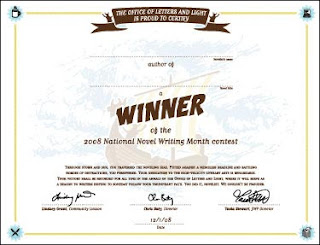Trejnado : MOOC --Geopolitiko - China affairs
The rise of China in economy caused many westerners to feel unsafe.
Why China gave such a impression to the world ?
Is the USA not able to accept the challenge from the other parts of the world ?
Two videos for you to ponder about.
6 years ago upload Mar 27, 2015
https://en.wikipedia.org/wiki/Paul_Dibb sen Esperanta versio
https://en.wikipedia.org/wiki/John_Lee_(academic) sen Esperanta versio
Public Lecture by Emeritus Professor Paul Dibb and Adjunct Associate Professor John Lee. The belief that China will soon become the dominant power in Asia is based on assumptions that its continued and rapid economic rise, and its emergence as a regional peer of America’s in military terms is all but assured. Such a belief underpins arguments that a fundamental strategic reorganisation of Asia is inevitable, and that it will be necessary and perhaps even desirable to concede to China significant ‘strategic space’. Dependent largely on linear extrapolations about the future, such arguments ignore the implications of China’s economic, social and national fragilities, its lack of major friends or allies in the region as well as the considerable military deficiencies and challenges faced by the People’s Liberation Army. With the Defence White Paper due for release in 2015, the government should bear in mind that planning for an era of Chinese dominance in the region—or even its emergence as an American strategic peer in Asia—would be premature if not improbable. Australia should not design its defence force for war with China, but it should be able to counter Chinese coercion and contribute to Allied military operations if necessary. Paul Dibb is Emeritus Professor of Strategic Studies in the Strategic & Defence Studies Centre, Coral Bell schol of Asia-Pacific Affairs, ANU. He was head of the Strategic and Defence Studies Centre from 1991 to 2004. Before that he held the positions of deputy secretary for Defence, director of the Joint Intelligence Organisation and head of the National Assessments Staff. He studied the former Soviet Union for over 20 years both as a senior intelligence officer and academic. He advised ASIO on certain Soviet activities. His book The Soviet Union--the Incomplete Superpower was published by the International Institute for Strategic Studies , London in 1986, reprinted 1987 and second edition 1988. John Lee is an Australian academic working on international economic and security affairs with a focus on the Asia-Pacific. Lee is an adjunct associate professor at the Australian National University's Strategic and Defence Studies Centre, a Michael Hintze Fellow at the Centre for International Security Studies, University of Sydney and a senior scholar at the Hudson Institute in Washington, DC. Lee is a board member of the Institute for Regional Security.




Comments
Post a Comment